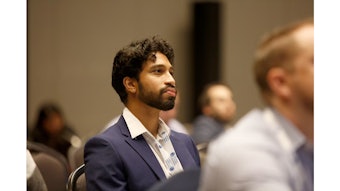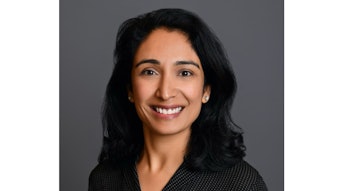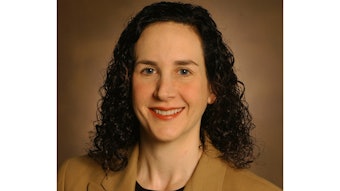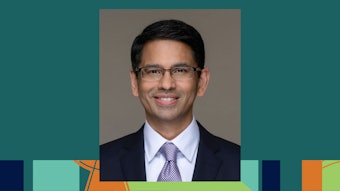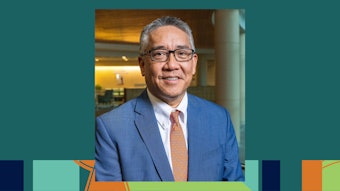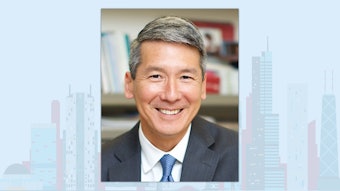Shining a light on Patient Perspectives
We hear you, loud and clear. That’s the message the American Urological Association (AUA) intends to send with the 2025 Patient Perspectives Program.
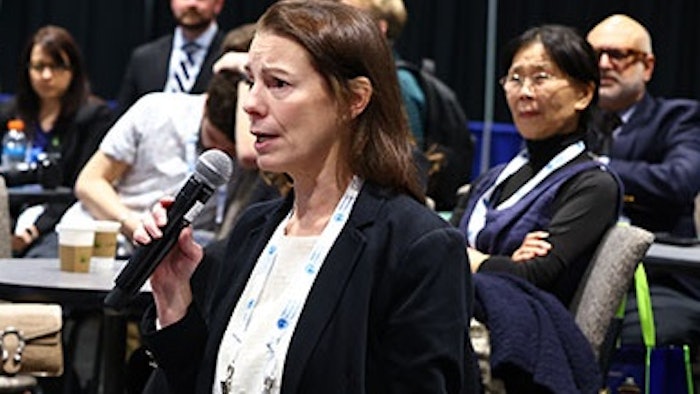
We hear you, loud and clear. That’s the message the American Urological Association (AUA) intends to send with the 2025 Patient Perspectives Program. The fourth annual event is designed to raise the patient voice by providing a platform for patients to share personal experiences and build awareness on urological conditions and cancers. Jacqueline Zarro, PhD
Jacqueline Zarro, PhD
Each year, the program empowers patients, caregivers/care partners, advocates and providers to share their personal experiences on a national stage with urologists from around the world. By bridging the gap between a patient’s lived experience and clinical understanding, the program aims to improve patient care, strengthen physician-patient communications and advance health outcomes for all urological patients. Jacqueline Zarro, PhD, will moderate the session and said it always results in a robust dialogue among patients and clinicians alike. Dr. Zarro volunteers with the AUA, serving in the role of the patient advocacy liaison.
“This is a unique opportunity for information sharing as it lies outside of a patient-physician relationship and discussions that take place in an office visit,” Dr. Zarro said. “The program is collaborative and focused, providing the space to address topics that may not always be as readily attained in a clinic visit where patient-physician relationship bounds exist. The program is a forum where patients, caregivers, and advocacy champions bring to the floor lived experiences that provide deep insight to the patient experience.”
According to Dr. Zarro, the past program enriched the dialogue between presenters and urologists on a wide array of topics, including individual experiences, data reporting from patient surveys and patient advocacy group initiatives.
“Urologists who have participated have in turn shared the benefit of insights from patients and how such will inform their practice going forward,” Dr. Zarro said. “This is truly a special program that unites all stakeholders for the greater good of urological care.”
There have been many examples over the last four years of how this program has helped, she said. For example, one urologist sought input on how to improve communication with patients when addressing serious health diagnoses; another highlighted how their team of providers have incorporated patient input to process improvements; and yet another physician shared their own cancer diagnosis and associated insights about compassionate care and the benefits of advocacy, which was most impactful to the group, she said.
Patients and advocate representatives also offered perspectives that led to discussions on inclusive care for urological patients; individuals with rare urological conditions have raised awareness for the audience in an effort to ensure that conditions are not overlooked; and the spirit of survival shared by many presenters over the years has bolstered all who participate “to continue with the dedicated work of improving the health and well-being of people’s lives,” Dr. Zarro said.
Patient stories do help to narrow the gap that has historically existed between the development of medical interventions and its impact on patients, she said. A similar gap occurred in the medical care space with related items such as the advent of electronic medical records and current-day managed insurance plans.
“By the nature of the work, it is sometimes the case that medical interventions are geared rightfully, though solely, on eradicating disease or preserving life,” Dr. Zarro said. “Many such interventions, though, can have unwanted effects on patients’ lives and functioning.”
It is through a continued patient-physician dialogue that clinicians can gain greater understanding and apply lessons learned together to attain a greater level of patient-focused care and support, Dr. Zarro said.
“The Patient Perspectives Program has gained strong traction and is known as an event that can bring critical topics to the forefront for consideration and dialogue,” she said. “Just as the goal of the AUA is to advance urology for the betterment of those in need, the aim of the program is to shine light on how the patient perspective can inform and aide this important goal for the urological field.”

